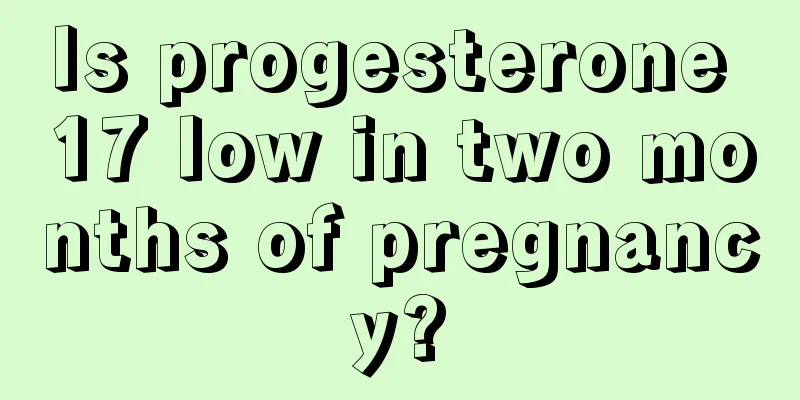Is it okay not to remove the IUD after menopause?

|
Menopause is a normal condition. Women's bodies will experience menopause in a certain period of time. At this time, some women may still have things like contraceptive rings in their bodies. Everyone should know that contraceptive rings should be taken out, but at this time, some people have proposed that contraceptive rings can be kept after menopause. So is it okay not to unfollow after menopause? The answer is no, because we know that although the contraceptive ring can be used continuously for many years, it also has a certain service life. If the contraceptive ring exceeds its service life, or if the woman reaches menopause, the contraceptive ring needs to be removed. If it is not removed, it will easily cause a series of health damages to the woman's body. Therefore, for the sake of women's health, it is recommended to remove the contraceptive ring in time after menopause. After menopause, women's ovarian function declines, estrogen levels in the body drop, the uterus begins to shrink and become smaller, and the cervix also becomes smaller and tighter. The contraceptive ring was originally placed according to the size of the uterus when you were young. However, after menopause, the uterus becomes smaller and the contraceptive ring naturally becomes larger relative to the uterus at this time. The inappropriately sized contraceptive ring can easily rub against the inner wall of the uterus and cause uterine bleeding. Experts say that at the same time, if the contraceptive ring is allowed to continue to stay in the uterus that can no longer accommodate it, it may also cause some complications, such as soreness and a feeling of heaviness in the lumbar and sacral area, abnormal vaginal discharge, etc.; it may also cause the contraceptive ring to become embedded in the wall layer, and in more serious cases, it may even break through the uterine wall and escape from the uterus, making it more difficult to remove the ring. Therefore, the IUD has lost its contraceptive effect after menopause and may even have an impact on women's health. This foreign body should be removed after menopause.Gynecological experts say that it is best for menopausal women to remove the IUD within six months to one year after menopause, because although the estrogen level has dropped at this time, the uterus has not yet shrunk significantly. Not only is the IUD removal process simple, but it is also less painful. Menopausal women should never neglect to remove the IUD in time for fear of trouble, which will lead to a lot of avoidable pain. |
<<: I had sex 5 days after I took out the ring.
>>: Is there any danger in painless ring removal?
Recommend
The unbearable pain and itchiness of winter - frostbite
The Spring Festival is approaching. Are you itchi...
Reasons for inaccurate blood pregnancy tests
If you want to know whether you are pregnant or n...
comScore: 2018 Focus on the Future of the Global Web Report
According to a new comScore report, "Focus o...
What to do about infertility at an advanced age
Although the country still advocates late marriag...
Can I eat spring bamboo shoots during menstruation?
Spring bamboo shoots are a common ingredient in t...
What are the dangers of women staying up late
I believe everyone knows what staying up late is....
Why do women have stomach pain after sex?
Many female friends often feel stomach pain after...
What is the situation of sweating during sleep during confinement?
Many people tend to sweat while sleeping during t...
What does it mean to have a side job? What does it mean to have a side job?
What is the meaning of "a side job is just n...
Can I drink Houttuynia cordata boiled water every day? What will happen if I drink Houttuynia cordata boiled water every day?
We all know that Houttuynia cordata is a common f...
How to quickly get rid of the smell on your body after eating hot pot? What will happen if the hot pot smell is not removed from your clothes?
Hot pot is divided into copper hot pot, stainless...
Repeated oral ulcers may not be simply caused by "getting angry"! Be careful of this disease
In daily life, many people are always troubled by...
What kind of exercise is good for the uterus?
The uterus is an important reproductive organ for...
How do spots on the face come from?
Some people worry about work, some worry about mo...
What not to eat after egg retrieval
There is a limit to the number of eggs that each ...









